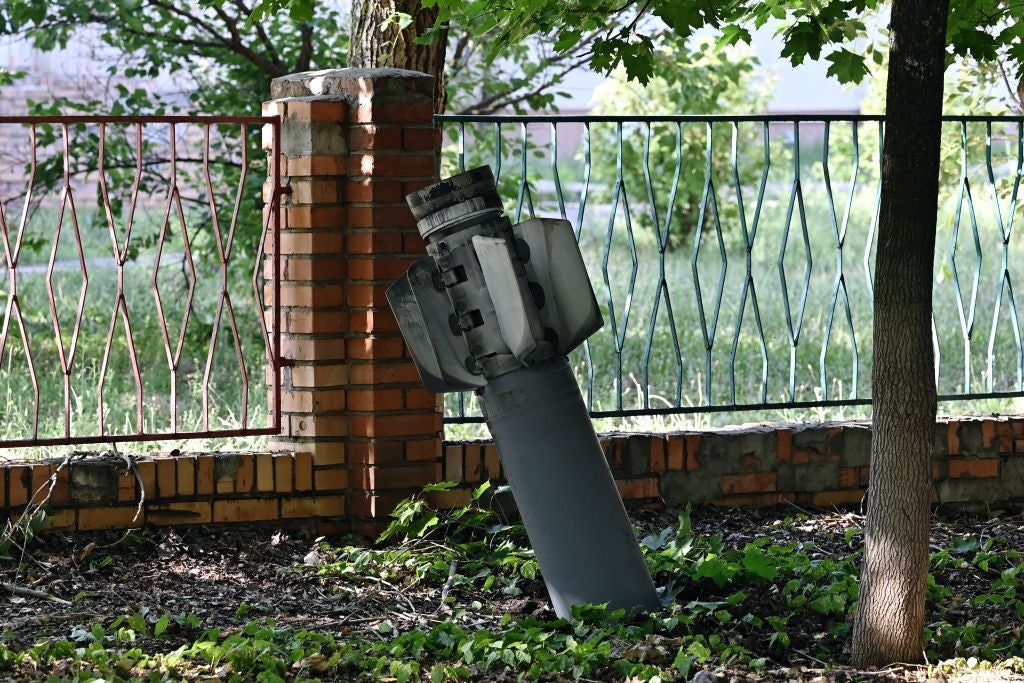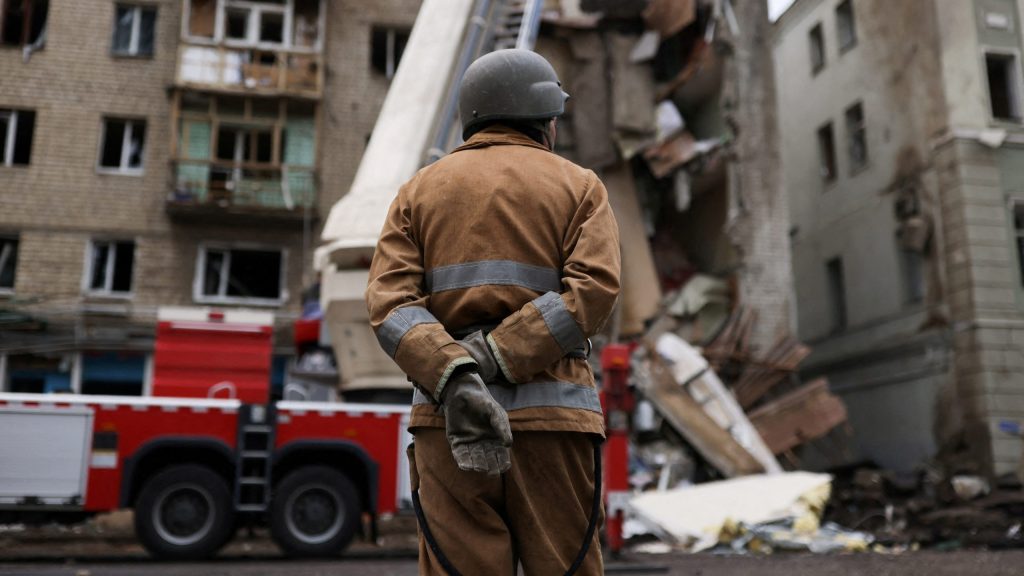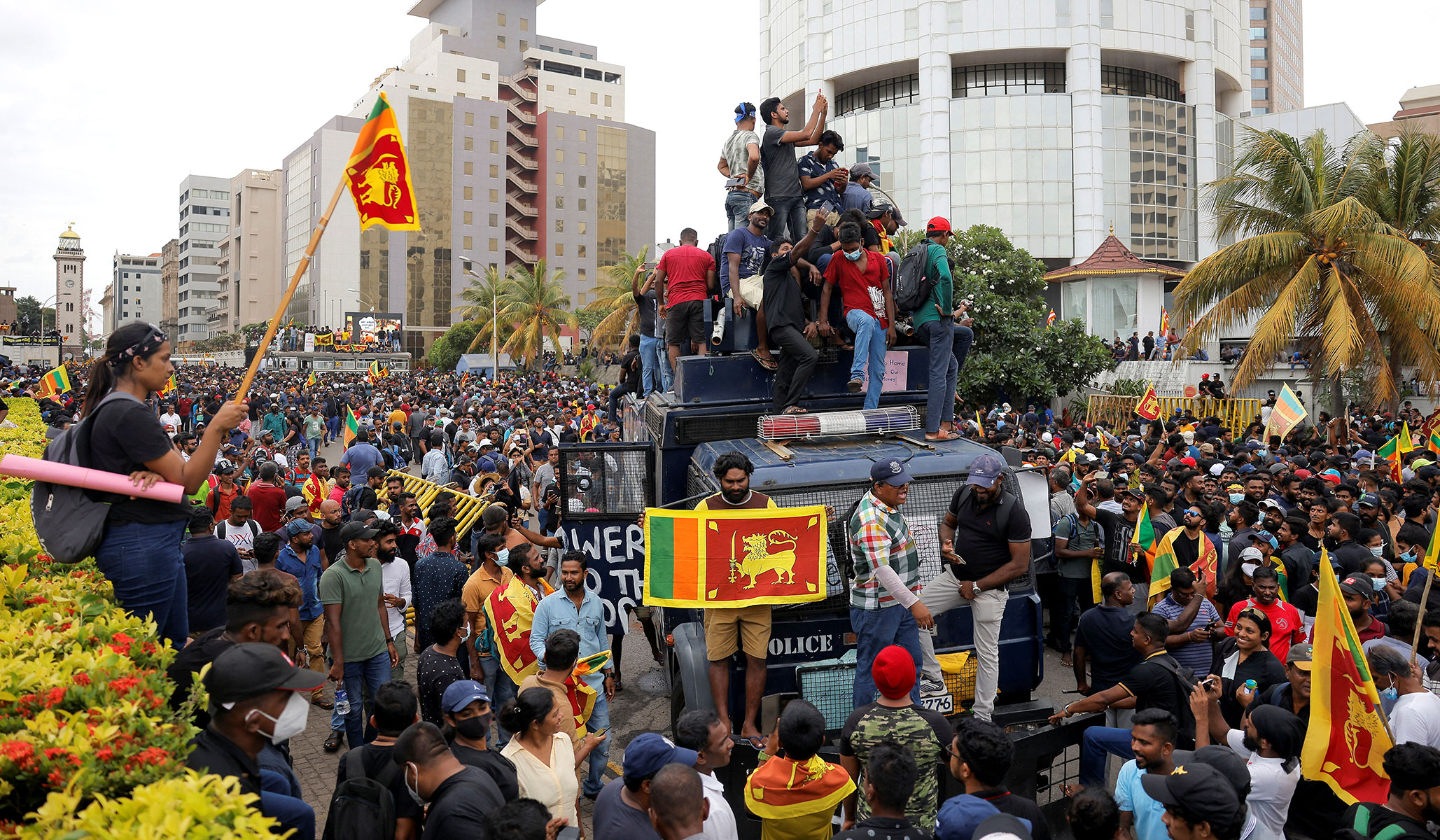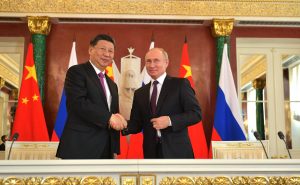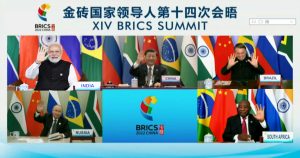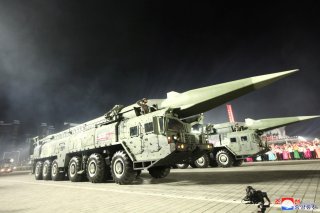Seth Cropsey
Perception and reality are difficult to untangle in any conflict. But the Ukraine War is the first great power conflict waged fully in the Information Age. Both parties have sought to influence global narratives and manipulate international perception.
War is, nevertheless, a physical phenomenon. The fall of Snake Island demonstrates Russia’s physical inability to defeat Ukraine. The West should respond accordingly, pressuring Russia where it is most critical - in the maritime space.
Snake Island produced the Ukraine War’s first “internet meme”, a sign of its psychological importance to Kyiv and Moscow. The small, uninhabited outcrop’s garrison of a handful of Ukrainian Border Troops defiantly refused Russia’s demand to surrender. Ironically enough, the Russian warship that bombarded the island, the Black Sea Fleet’s flagship Moskva, was sunk some six weeks later near Snake Island.






